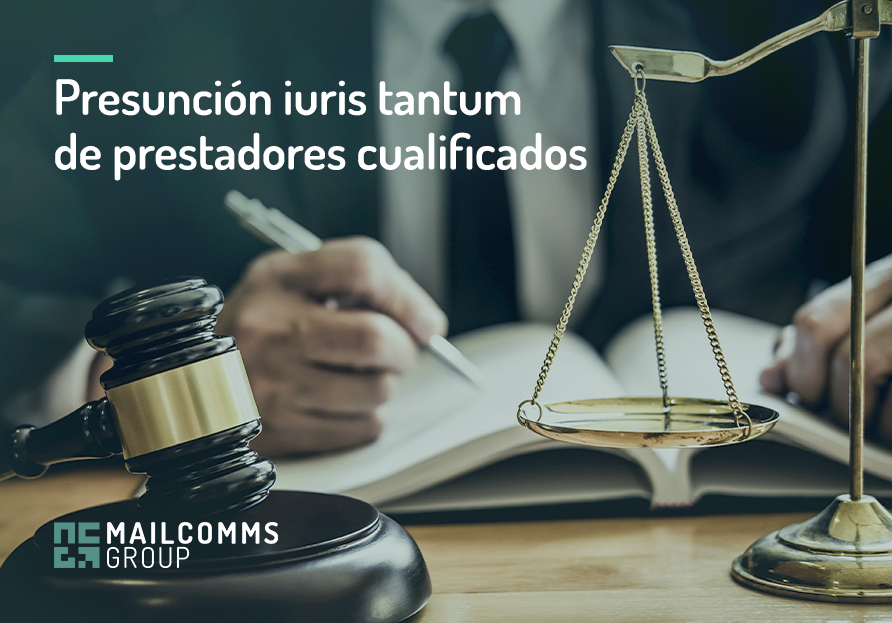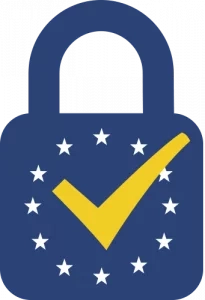
Entering a judicial process always causes uncertainty from a personal and economic point of view. And sometimes this uneasiness is fueled by the extension in time of litigation in which, sometimes, the evidence presented by the parties to prove their point of view is not even accepted by the judge in the way it should be. It may also happen that the mechanisms used are based on presumptions, which favors the acceptance of the evidence provided by one of the parties. But what are these presumptions?
Types of presumptions: iuris tantum and iuris et de iure
Proof iuris tantum
It is the type of presumption that is established by law and that admits proof to the contrary. An example: the possession of a property by a person makes it presumed that it is his or her property, unless another individual or company proves that the property belongs to him or her and proves it with documents, witnesses or through other channels.
Proof iuris et de iure
It is that of which the law indicates that it does not admit proof to the contrary. That is to say, it does not allow proving that the fact or situation that is presumed to be false. An example: the documents protected by public faith such as those made in notary’s office following all legal formalities.
The importance of qualified and trustworthy e-service providers
 In the event of a challenge to the proof of a qualified electronic trust service, such as that of certified electronic delivery, article 326.2 of the Civil Procedure Law grants it a rebuttable presumption ( unless proven otherwise). That is to say, the service will have been provided correctly as long as the provider appears in the trust list of qualified providers and services.
In the event of a challenge to the proof of a qualified electronic trust service, such as that of certified electronic delivery, article 326.2 of the Civil Procedure Law grants it a rebuttable presumption ( unless proven otherwise). That is to say, the service will have been provided correctly as long as the provider appears in the trust list of qualified providers and services.
Therefore, it will be up to the opposing party to prove that at the time of the formalization of the act the employed service is not on the list of trust, if this is its strategy.
Unqualified providers
This presumption is not granted to unqualified trustworthy providers, as an expert report will be additionally requested or any other means of evidence that is useful and relevant to the effect is proposed. In other words, it will be necessary to have the intervention of a computer expert to certify the authenticity of the conversations and their integrity to prevent the opposing party from challenging their validity, which increases the costs of the process, as well as the uncertainty about its outcome.
In addition, it is necessary to take into account that in the event that a negative result is obtained from the verification, the costs, expenses and fees arising from the verification are borne exclusively by the person who has filed the challenge. Moreover, if in the court’s opinion the challenge was reckless, it may also impose a fine of 300 to 1,200 euros.
Conclusion
 Having a qualified and trustworthy electronic service provider offers legal certainty and a full guarantee that the evidence presented will be accepted by the court in the event of litigation. Such providers, such as MailComms Group, can be defined as “digital notaries”, and always provide certainty in the event that a dispute with a customer, employee or supplier escalates into litigation.
Having a qualified and trustworthy electronic service provider offers legal certainty and a full guarantee that the evidence presented will be accepted by the court in the event of litigation. Such providers, such as MailComms Group, can be defined as “digital notaries”, and always provide certainty in the event that a dispute with a customer, employee or supplier escalates into litigation.
